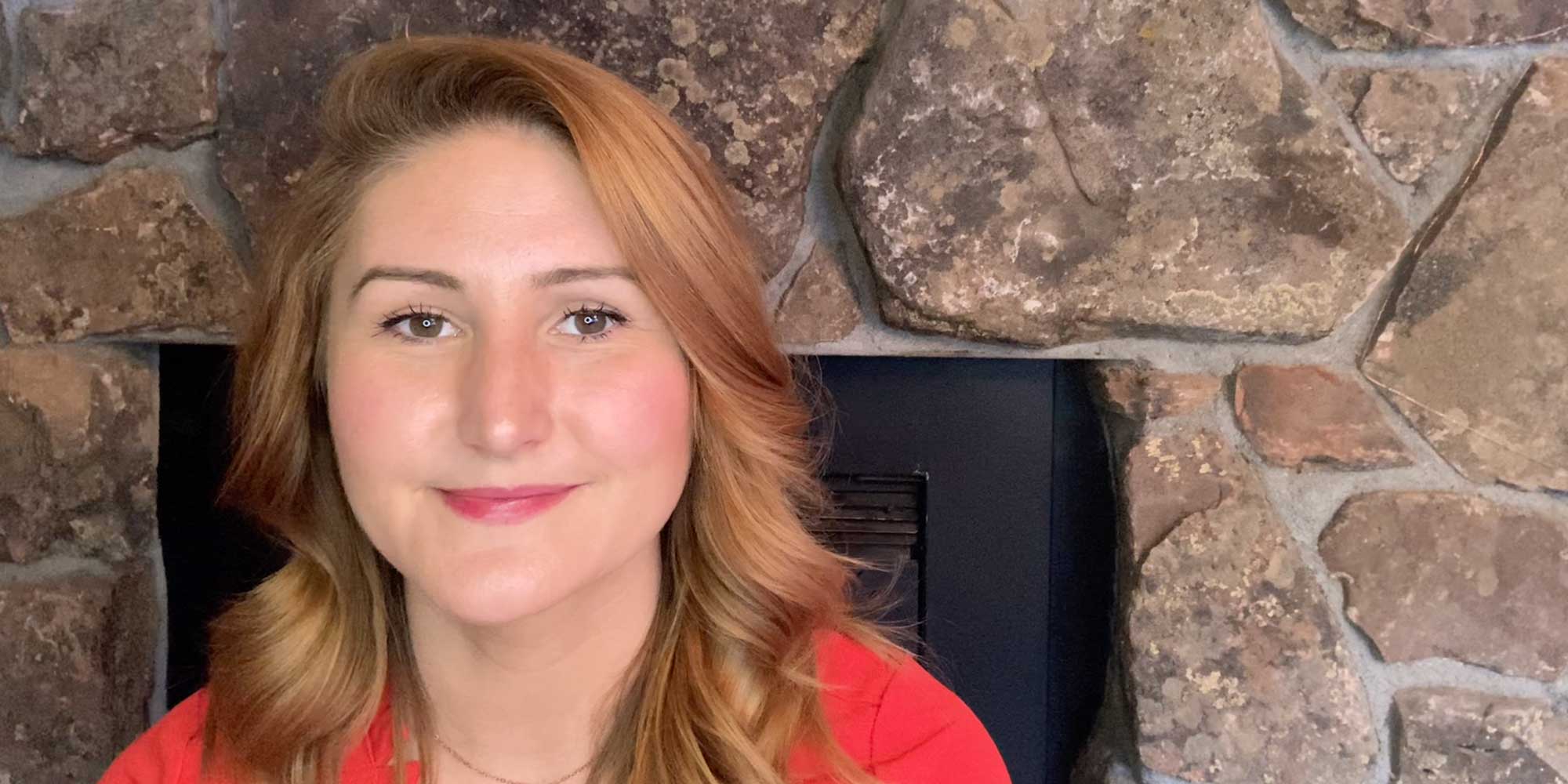In this series of Tips and Hacks, we’ll be covering how to change your relationship with alcohol – from the perspective of an expert. As a psychologist who also works as an alcohol counsellor, I’ve picked up some useful knowledge about what really works – particularly when you’re taking those first steps towards change.
So let’s get started:
1. Reflect on the role alcohol is playing for you right now
Nobody drinks alcohol ‘just because’ – the downsides of drinking, like the cost on our body and finances, among other things, are too great. For everyone who is wanting to change their relationship with alcohol, the first step needs to be considering what it is actually being used for. Perhaps you’re using alcohol to regulate your emotions, because you’re too exhausted to use other methods right now. Perhaps it is helping you to escape yourself for a few hours in the evening, or being used to dull down anxiety or loneliness. As difficult as it may be, it’ worthwhile really getting to the core of what alcohol is doing for you, and why it has remained in your life, despite the costs.
2. Consider your ideal relationship with alcohol
The next step – once you’ve identified the role alcohol is playing for you – is to consider the role you’d like it to play. This is different for everyone – for some people, no relationship with alcohol is the safest option – whereas for others, occasional or situational use might work really well. When you’re considering what your ideal relationship looks like, think big – even if you don’t feel it is possible right now, just consider what it would look like in your ideal world.
3. Set Goals
The next step is to move the needle a bit towards that big ‘ideal relationship with alcohol’ – but don’t worry, we want to start small. Making minor changes to your behaviour is way more sustainable than big, life-altering ones, and it gives us space to be curious. Your goal might be to not keep alcohol in the house, and only drink when out with friends, or perhaps it is to drink a big glass of water when you finish a glass of wine.
The key is that you’re switching up your behaviour to move towards lower-risk drinking – bit by bit.
4. Self-Monitor
Self-monitoring is an amazing intervention in itself, even though it is often used as just a way to keep track. Once you’ve started this process, make an effort to keep track of your alcohol consumption and look at this at least once a week. You might want to set goals for yourself for a certain number of drinks per week, and, if you really want to get nerdy, represent this on a graph so you can see the numbers dropping. This is really motivating, and recording each thing you drink also keeps it at the forefront of your mind.
5. Be kind to yourself
During this process you might also need to remind yourself that, yes, you are human, and sometimes change doesn’t happen as quickly as you’d like. It is important to be curious about urges and triggers when you start on this journey, as well as the situations that didn’t quite go to plan. Taking a growth mindset with change – as in, trying to figure out what went wrong so we can do better next time – is likely to result in better outcomes than beating ourselves up. Changing your relationship with alcohol is a marathon rather than a sprint, so make sure you set yourself realistic goals for where you are right now.
Changing your relationship with alcohol doesn’t have to be drastic or involve huge changes to your lifestyle – it is more about figuring out what is going to work for you.


2 Comments
Add a commentThis blog has me motivated once more, thank you. And good luck in your new job in the US.
I am off drink for Lent as I do every year. These emails from HSM are a good motivator for drinking more sensibly. I am in a relationship with someone who drinks every day. This worries me, that he does it & thinks it’s normal and that I entered the relationship even though I had my worries about his drinking. I used to work as an addiction counsellor and made classic mistake that I could change him.
Great advice here in today’s blog about examining my relationship with alcohol. Like her related experience I also feel more myself when free of alcohol. It seems to muddle my head and heart. For me that is a key reason to avoid alcohol or keep it to a minimum. Giving up alcohol is a big step and not sure that I ever will as I like its relaxing effect. Trouble is to find the exact point to stop drinking in a social interaction while I feel like I am myself.